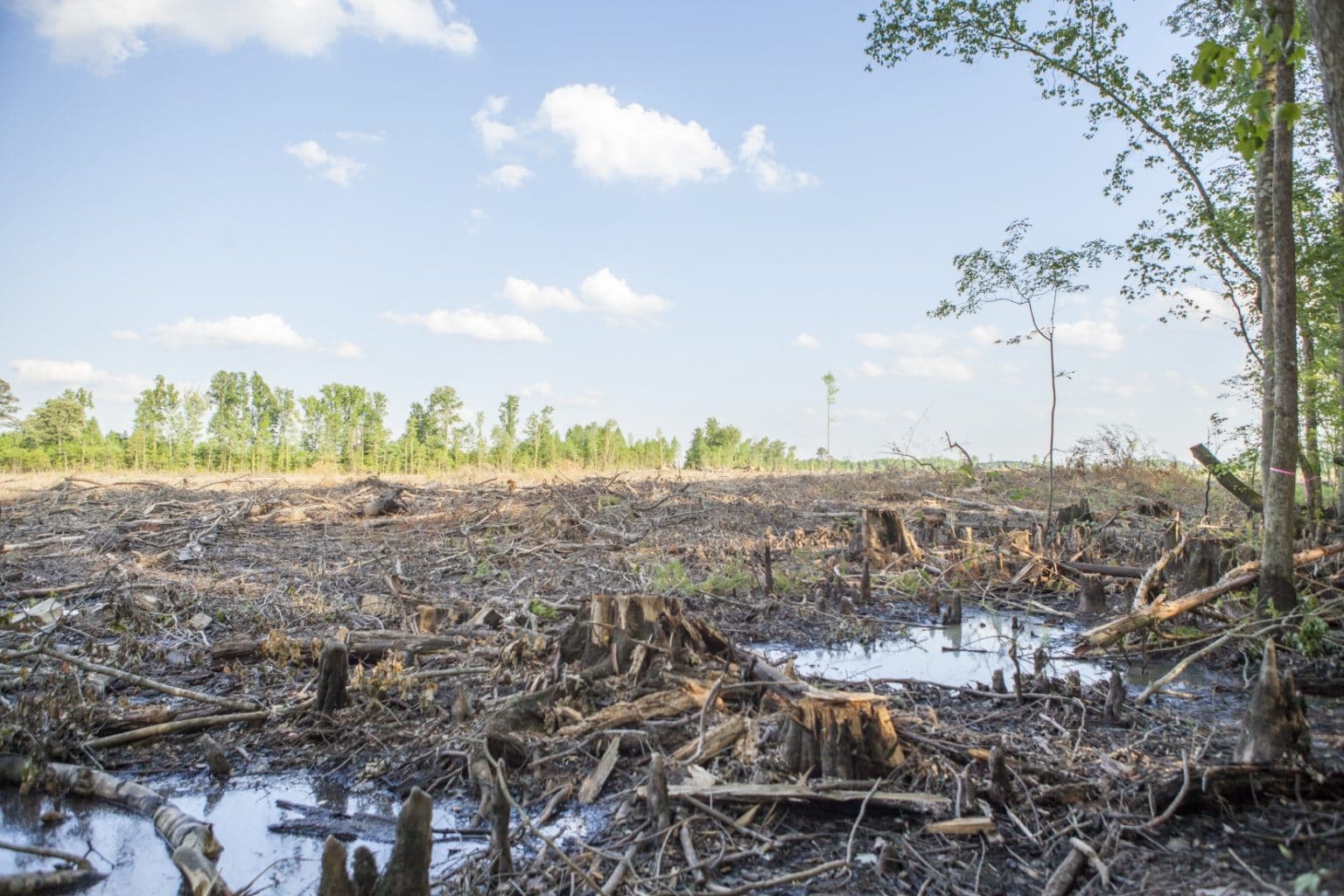Lobbyists for the biomass industry have created a new website, Biomass101.org, with the seemingly laudable goal of “Correcting the record and getting the facts out on carbon-neutral biomass energy.”
Mary Booth of the Partnership for Policy Integrity (PFPI) says there’s one major problem with that, however: burning biomass — wood or wood pellets and other plant matter — for energy is anything but carbon neutral.
So Booth and PFPI have launched their own website, Biomess101.org, to get the real facts out about the “facts” the biomass lobbyists are pushing.
At first, Booth told DeSmog, she and her colleagues were content to ignore Biomass101.org, which frequently publishes blog posts that purport to expose flaws in reporting by media outlets such as the New York Times, the Washington Post, and NPR. “They’d call people out, and call us out, and we didn’t respond, or draw attention to it,” she said.
Then legislation written by the biomass industry itself started making its way through Congress, and Booth felt compelled to take the industry spin down a peg. The legislation would, essentially, force the U.S. Environmental Protection Agency to treat bioenergy as carbon neutral based on the idea that as long as forest carbon stocks in the U.S. are stable or growing, you can cut and burn forests without creating additional carbon emissions.
The Biomass101 site echoes this line of thinking:
“The best part? Because we’re tapping into the greenhouse gas-capturing power of the full carbon cycle, the process is carbon-neutral. That means that biomass energy doesn’t add new CO2 emissions to the atmosphere.”
But as Booth explained in a guest post here on DeSmog last May, bioenergy cannot be made carbon neutral within any meaningful timeframe for addressing climate change. Wood-burning power plants emit more CO2 than coal plants, and re-growing trees to sequester that carbon takes decades. Even when the wood fuel comes from the “waste” leftover after a forest is cut down, the emissions from burning it exceed those from coal.
In fact, burning biomass is something of a double-jeopardy scenario for the atmosphere. When you cut down carbon-absorbing trees, that is for all intents and purposes the same as increasing carbon emissions. When you then burn those trees, you are of course sending even more carbon into the atmosphere.
In order for biomass to be carbon neutral, you’d have to actually increase the amount of carbon being sucked out of the atmosphere by forests by an amount commensurate with the total net emissions created by chopping down a carbon sink and then adding a slew of new emissions by burning wood for energy.
But that’s not what the biomass lobbyists who built Biomass101.org — or the biomass industry insiders who are writing legislation and twisting arms in Congress to get it passed — are proposing to do.
“Biomass lobbyists claim burning trees creates no carbon pollution, because ‘somewhere’ other trees are growing and taking carbon out of the atmosphere,” according to Biomess101.
“They’ve convinced certain legislators in Congress to vote for legislation written by biomass industry lobbyists that would force EPA to treat tree-burning power plants as if they have zero carbon emissions, claiming that as long as US forest stocks are stable or growing by any amount, this offsets the carbon pollution pouring from the smokestacks of wood-burning power plants.”
The biomass industry’s math simply doesn’t add up, Booth says. The forests that the industry claims are offsetting the emissions of burning biomass for energy were already growing and sequestering carbon, so creating an additional source of carbon pollution by burning trees requires creating an additional offset to take that carbon up. “Burning trees over here is not going to make trees over there take up carbon any faster,” as the Biomess101 site puts it.
“They’re trying to legislate something that makes no mathematical sense, basically,” Booth said.
Image Credit: A forest once the pellet industry is done with it. Photo by Dogwood Alliance.
Subscribe to our newsletter
Stay up to date with DeSmog news and alerts







